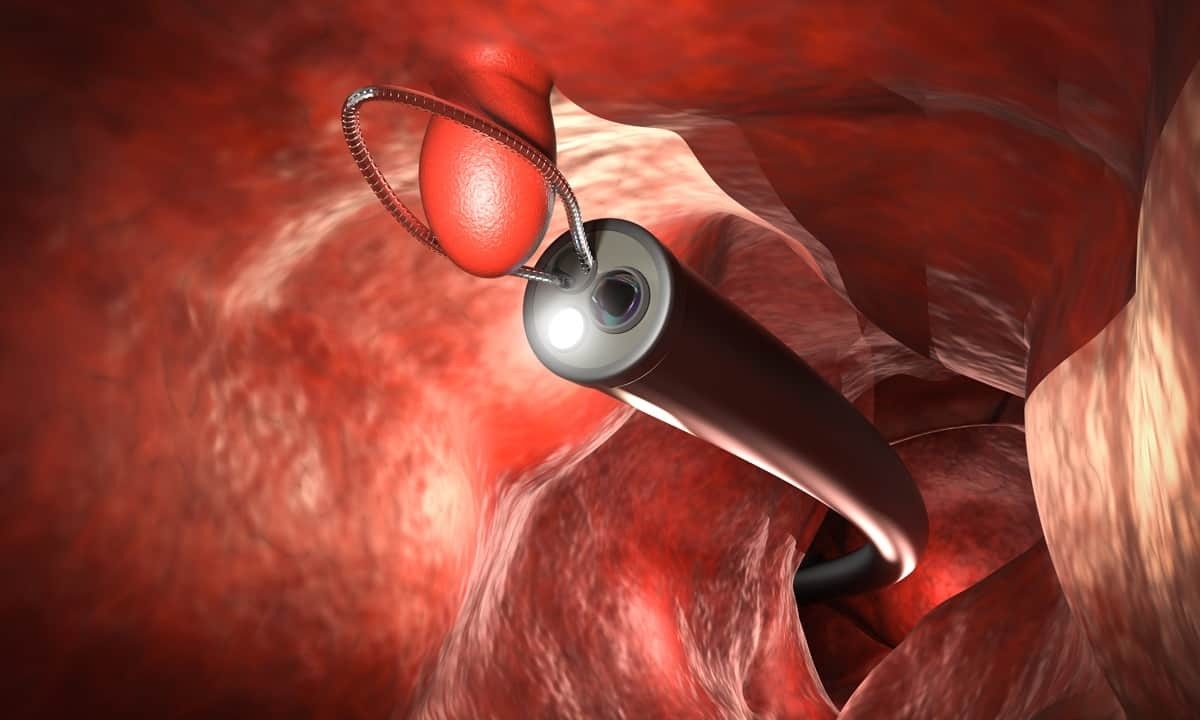Polypectomy: An Effective Treatment for Polyps at Firouzabadi Hospital

Polypectomy: An Effective Treatment for Polyps at Firouzabadi Hospital
Introduction
Polyps are growths that can develop in various parts of the body, such as the gastrointestinal tract, the nose, the uterus, or the colon. While most polyps are benign (non-cancerous), some can turn into cancer, especially those in the colon. Polypectomy, a medical procedure used to remove polyps, plays a crucial role in preventing cancer and treating problems associated with these growths. At Firouzabadi Hospital, polypectomy is performed using advanced techniques by a team of specialized medical professionals to ensure patient health and prevent serious conditions such as cancer.
What is Polypectomy?
Polypectomy is a surgical procedure in which polyps are removed from various parts of the body. These growths usually develop from the mucosal tissues and can appear in the colon, stomach, uterus, or even in the nose and sinuses. Polyps are generally divided into two main types:
- Benign Polyps (Non-cancerous): These polyps are usually harmless and carry a low risk of turning into cancer.
- Pre-cancerous Polyps: These polyps may develop into cancer if not removed in time.
In polypectomy, the doctor removes the polyp using special surgical instruments, and the tissue is then examined to determine whether it is benign or pre-cancerous.
Reasons for Polypectomy
Polypectomy is typically performed for a number of reasons:
- Cancer Prevention: In cases where the polyps are pre-cancerous or likely to be dangerous, polypectomy can help prevent them from developing into cancer.
- Digestive Problems: Polyps can cause blockages in the intestines or other digestive problems such as bleeding and pain. In such cases, polypectomy can help resolve these issues.
- Cancer Suspicion: If a doctor suspects cancer in an area with polyps, polypectomy is performed to remove tissue samples for further examination.
Methods of Polypectomy
Polypectomy can be performed using different techniques depending on the location of the polyp and the patient's condition. At Firouzabadi Hospital, advanced methods are utilized to perform this procedure:
- Colonoscopy-based Polypectomy: This procedure is used to remove polyps from the colon. The doctor uses a flexible tube called a colonoscope to examine the colon, and then special instruments are passed through the colonoscope to remove the polyps. This method is non-invasive and allows patients to recover quickly.
- Endoscopic Polypectomy: This method is used to remove polyps from the stomach or small intestine. It is similar to colonoscopy-based polypectomy, but the instrument is inserted into the stomach or small intestine rather than the colon.
- Surgical Polypectomy: In rare cases, when polyps are large or located in hard-to-reach areas, open surgery may be required. This method is used when other techniques are not effective.
Benefits of Polypectomy at Firouzabadi Hospital
At Firouzabadi Hospital, polypectomy is performed using state-of-the-art technology and a specialized medical team. The benefits of this procedure at Firouzabadi Hospital include:
- Advanced Techniques: Firouzabadi Hospital utilizes the latest medical equipment and modern technology to perform polypectomy. This allows doctors to remove polyps with high precision while minimizing any complications.
- Specialized Medical Team: Firouzabadi Hospital is home to a team of specialized doctors in various fields. This team includes surgeons, gastroenterologists, and experts in endoscopic procedures, all with extensive experience in performing polypectomy.
- Quick Recovery: Because the methods used at Firouzabadi Hospital are minimally invasive, patients can quickly return to their daily activities with a short recovery time after the procedure.
- Cancer Prevention: Polypectomy at Firouzabadi Hospital can act as a preventive measure, significantly reducing the risk of polyps turning into dangerous types of cancer.
- Post-treatment Care: Firouzabadi Hospital offers comprehensive follow-up services for patients after polypectomy. This includes medical check-ups and necessary tests to ensure the polyps do not return.
Risks and Complications of Polypectomy
Although polypectomy is generally a safe and effective procedure, there are some risks and complications that may occur. These risks include:
- Bleeding: A potential risk after polypectomy is bleeding, but it is usually temporary and can be managed effectively in most cases.
- Infection: In rare cases, infection may occur at the site of the polyp removal. However, Firouzabadi Hospital takes special precautionary measures to minimize the risk of infection.
- Damage to Surrounding Tissues: In some rare instances, polypectomy may cause damage to surrounding tissues. However, this risk is significantly reduced due to the advanced techniques used at Firouzabadi Hospital.
- Damage to Internal Organs: If the polyp is located in a sensitive or difficult-to-reach area, damage to internal organs can occur. This is, however, handled with precision at Firouzabadi Hospital.
Polypectomy and Its Importance in Cancer Prevention
One of the main reasons for performing polypectomy is cancer prevention. Studies have shown that many colorectal cancers arise from pre-cancerous polyps. By removing these polyps early, the risk of developing cancer can be significantly reduced.
At Firouzabadi Hospital, polyps are accurately identified using modern techniques, and if necessary, they are removed for further analysis. These procedures are especially crucial for patients with a family history of cancer.
Conclusion
Polypectomy is an effective procedure for treating polyps and preventing serious conditions such as cancer. Firouzabadi Hospital offers advanced medical services with a specialized team of experts, ensuring patients receive the best treatments. The hospital is one of the leading centers providing polypectomy using the latest techniques and medical approaches.
If you or a loved one need a polypectomy, Firouzabadi Hospital is the ideal choice for receiving top-notch care and treatment.

.png)
comment